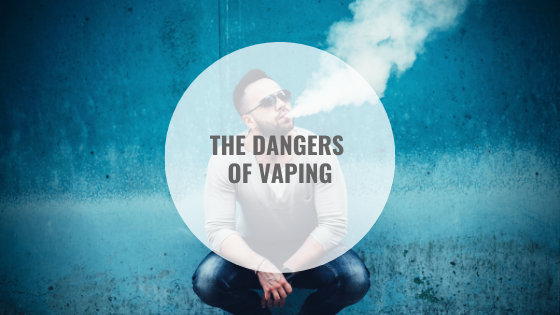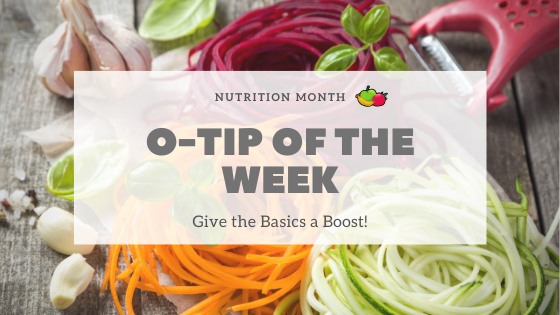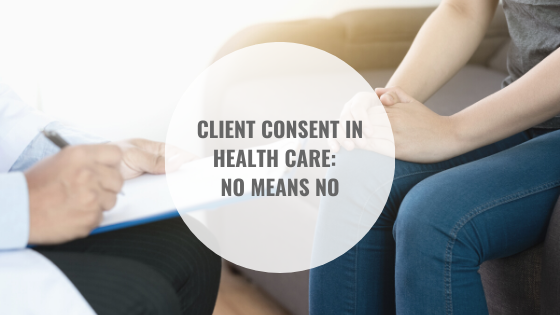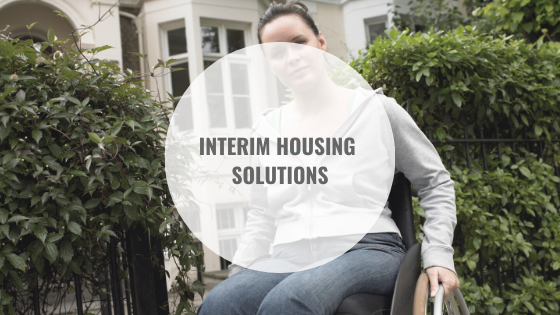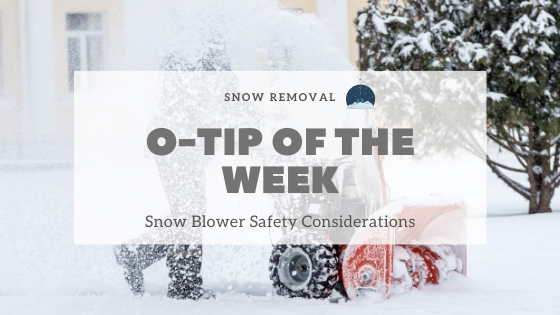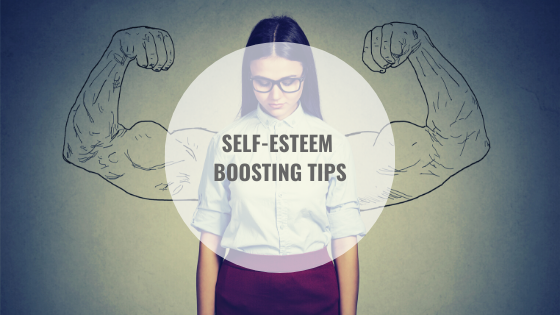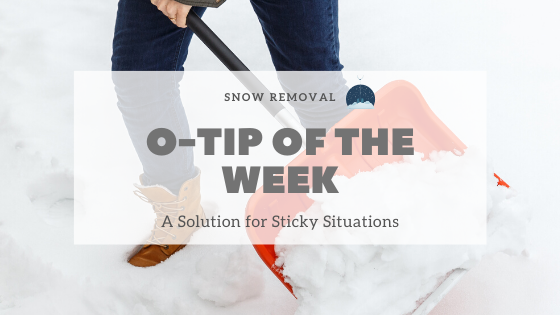Julie Entwistle, MBA, BHSc (OT), BSc (Health / Gerontology)
I have four daughters – three in high school and one in University. That is a lot of estrogen in our house. Yet it is an interesting time for our family – as our girls are navigating the perils of adolescence, I too am finding myself in a stage I am calling “adultescence” whereby my thoughts, feelings, and emotions are changing as theirs are. This creates an interesting ebb and flow of all of us learning together what it all means as a teen girl to “grow up” and as an adult to start “letting go”.
I had one of those adultescent “aha” moments the other day with one of my teen daughters. She is very socially driven and relationships are very important to her. Over the last few months, as school has resumed, she has been struggling with some of her friendships. One girl just suddenly stopped responding to messages, one takes pleasure in forwarding hurtful messages, and another treats my daughter as the weekend “last resort”. In talking to my daughter about these events, my “aha” moment came when I realized that my daughter, already, is highly emotionally intelligent. She has the ability to put herself in the position of others and regulates her own behavior (so far) on how she would feel as the recipient. This is a gift for her but puts her at a relationship disadvantage as many of her peers are not there yet. She “feels” in a relationship like she is 25, but is trying to rationalize the emotional behavior of kids 16 and 17.
According to psychology today, Emotional Intelligence includes three skills:
1. Emotional awareness, including the ability to identify your own emotions and those of others;
2. The ability to harness emotions and apply them to tasks like thinking and problem solving;
3. The ability to manage emotions, including the ability to regulate your own emotions, and the ability to cheer up or calm down another person.
Emotional intelligence then includes: self-awareness, self-regulation, motivation, empathy, and social skills. It can affect: personal relationships, workplace (or school) performance, physical and mental health, and how you deal with situations such as loss or disability.
The good news is that experts believe that emotional intelligence can be learned, even in adults. How do you know if you are emotionally intelligent? Perhaps reflect on your relationships – are you able to sustain positive and loving bonds with others? Can you empathize and relate to people during their struggles, and do they know that you “get it” and are emotionally available to them? Do you regulate your own behavior based on how others might feel if you act a certain way, or say certain things? Before sending that text, email or calling someone in anger do you consider how you want them to “feel” following your interaction? Do you take pleasure in being right even if that makes others feel bad? If you want to test your level of emotional intelligence, or raise your emotional IQ, take a quiz to see where you’re at: Emotional Intelligence Quotient Quiz.
Do you think you need to improve in this area? Some suggestions include:
· practice mindfulness – in social situations, at work, at home with family relationships.
· Stay in touch with your feelings through journaling or meditation “check-ins”.
· Connect your feelings to the situation and try to separate the person from their behavior.
· Check your thoughts – how you think can become how you feel, and the good news is you can change how you think!
· Communicate with others and don’t be afraid to be vulnerable to those close to you to help sort through feelings, thoughts and emotions.
· And if you can, don’t take the comments of others personally. Their thoughts about you do not need to become the thoughts you have about yourself.
Originally posted November 2016

